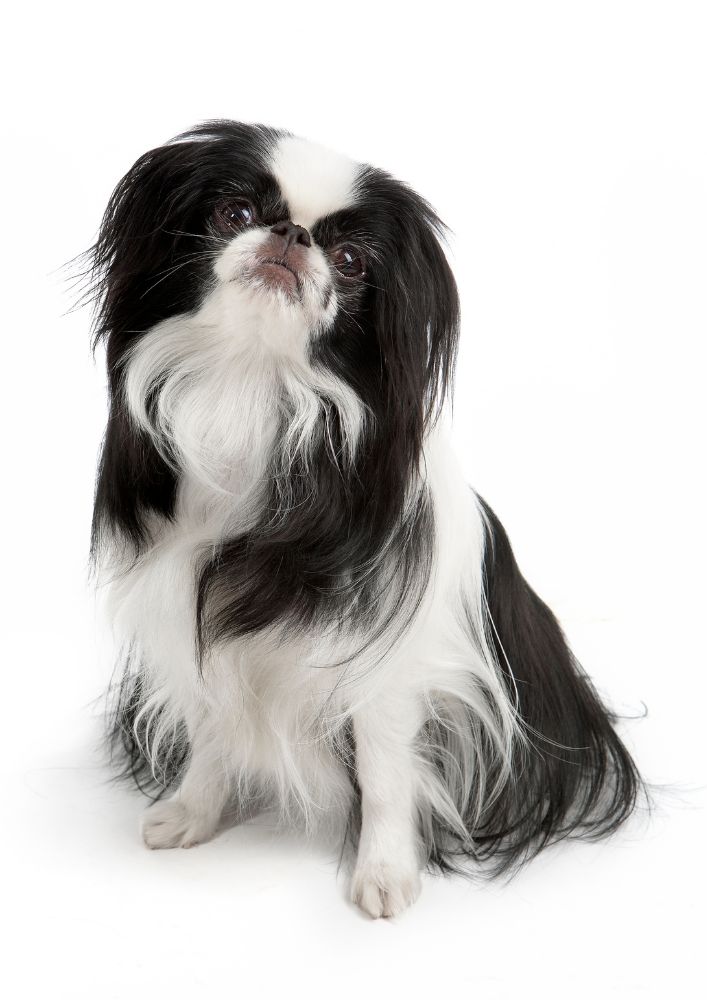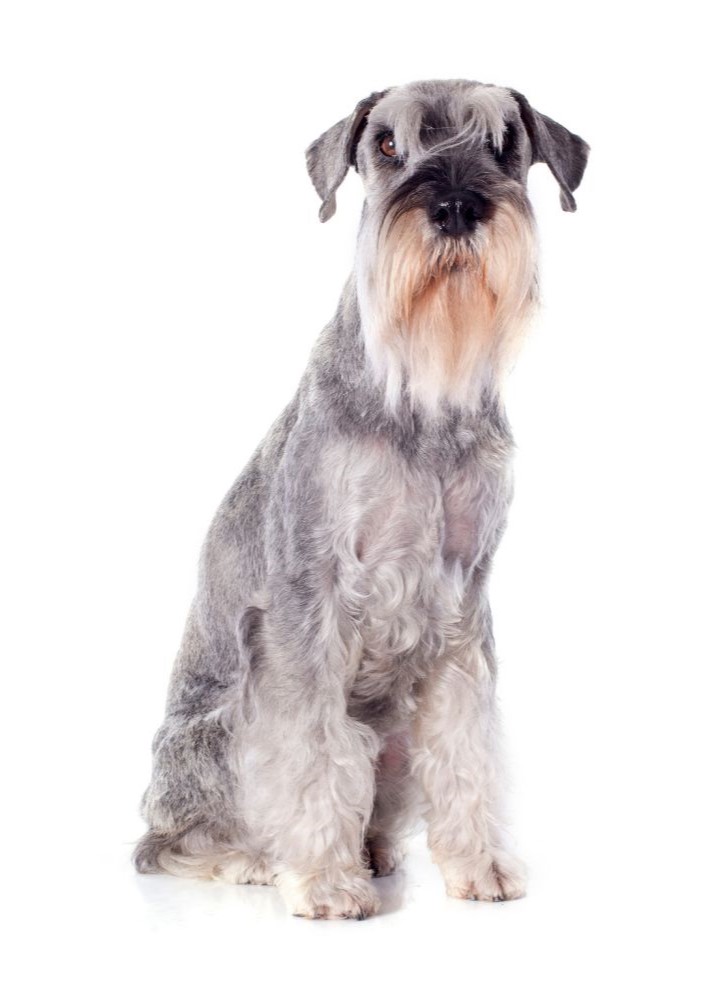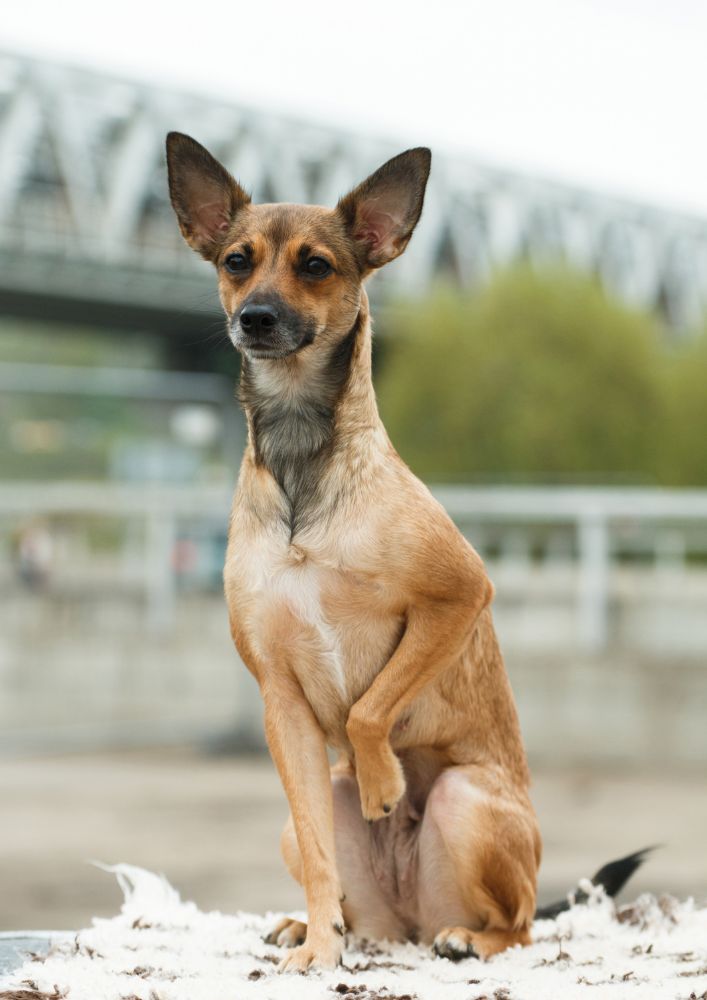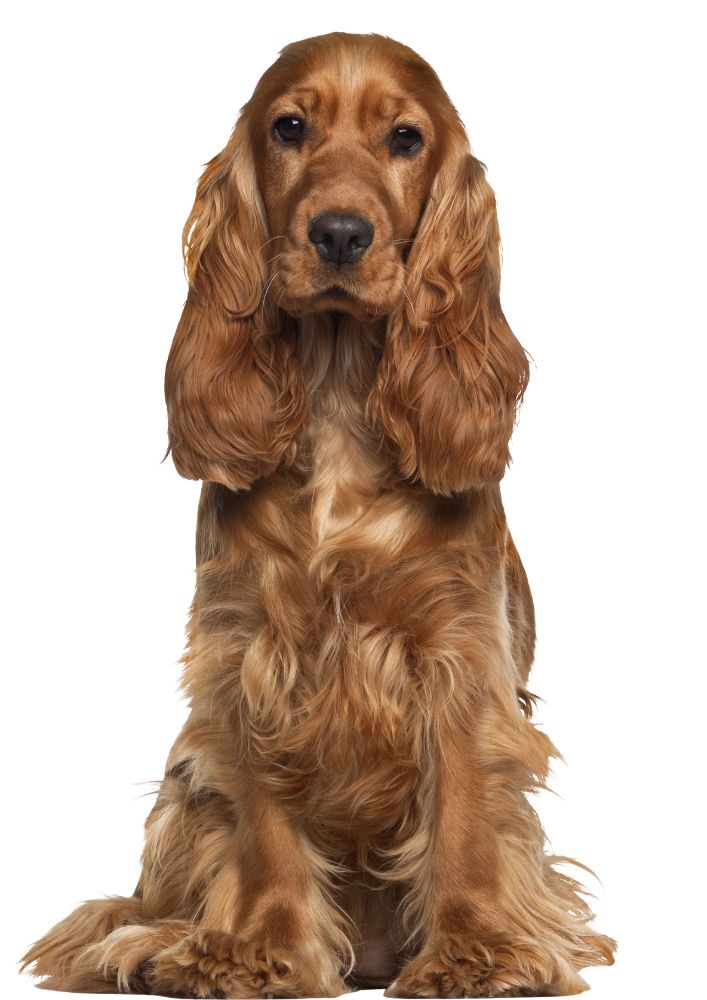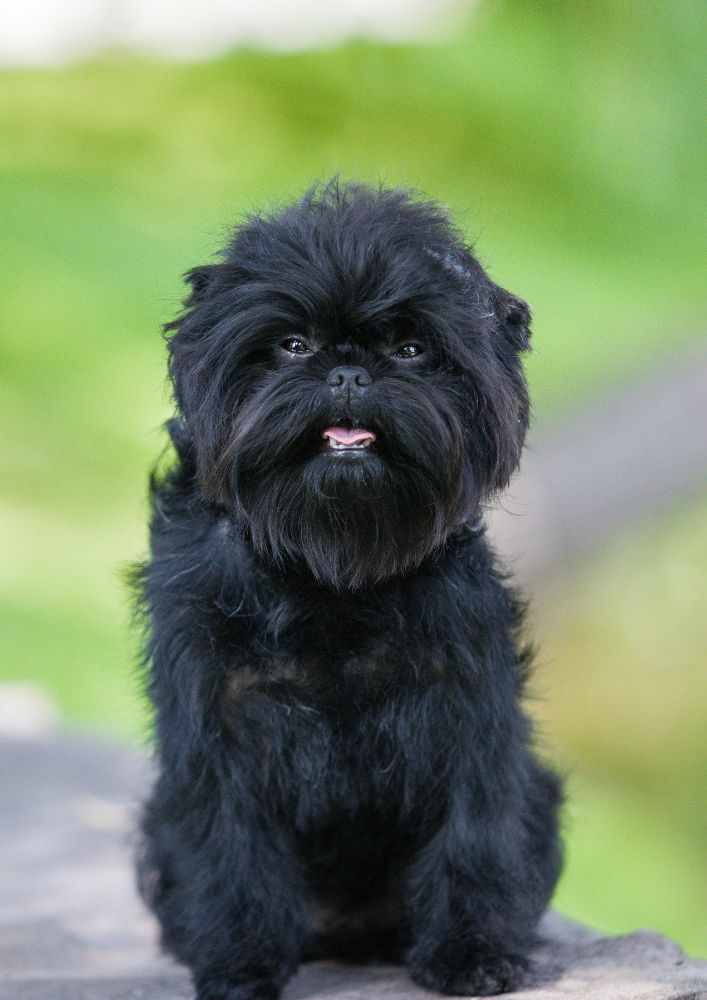Everything You Need to Know About the Japanese Chin
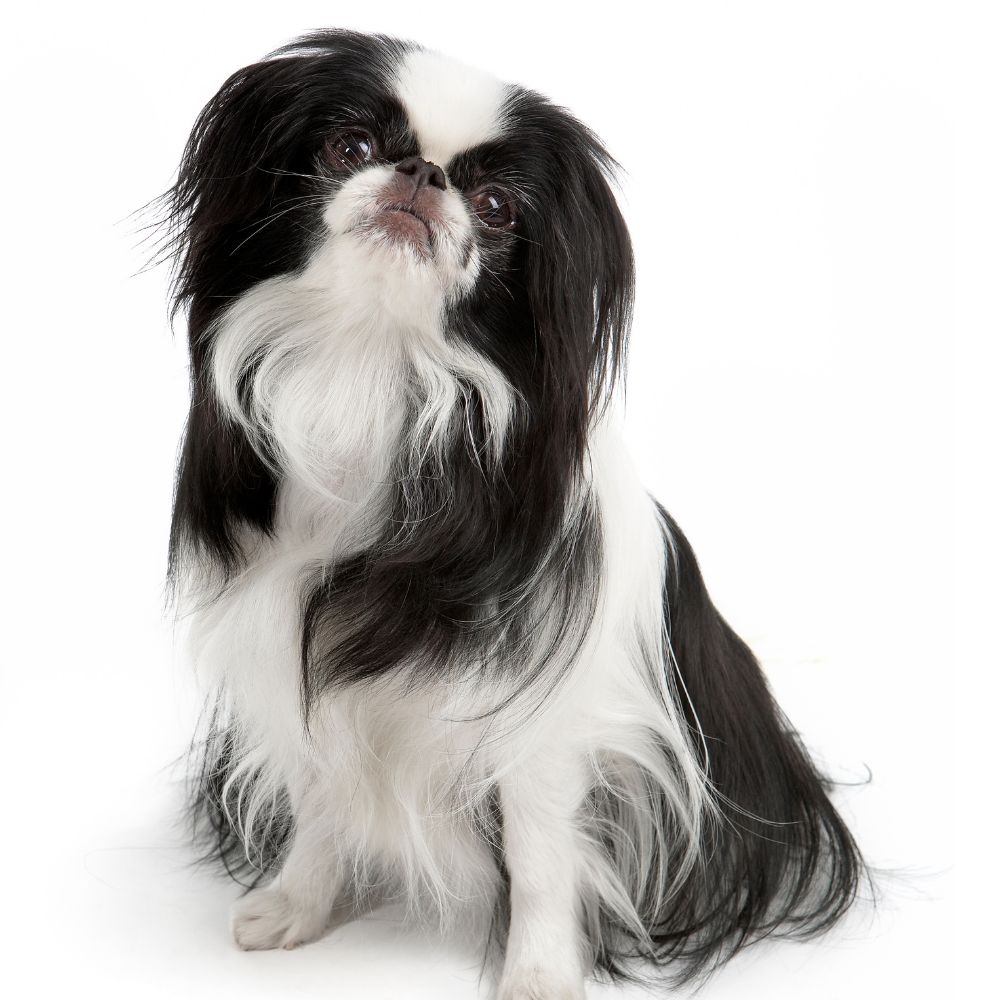
Japanese Chins are one of the most elegant and charming dog breeds worldwide, known for their affectionate nature, intelligence, and distinctive appearance. They make excellent companion pets and are also highly valued for their delightful personalities and companionship.
A Brief History
Japanese Chins have a long and storied history, with their origins tracing back to ancient China and Korea. They were later gifted to the Japanese imperial court, where they became highly prized. The breed was refined in Japan, developing the unique traits that make them so beloved today.
Appearance and Size
Japanese Chins have a small, delicate build with a distinctive pushed-in face and large, expressive eyes. Their luxurious coat is long and silky, coming in colors such as black and white, red and white, or tricolor. They are small dogs, typically weighing between 4 to 9 pounds (1.8 to 4.1 kg). They stand about 8 to 11 inches (20 to 28 cm) tall at the shoulder.
Affectionate and Loyal
Japanese Chins are well-known for their affectionate and loyal nature. They form strong bonds with their families and love to be close to their human companions. Their loyalty extends to all family members, and they are often very protective of their loved ones.
Playful and Intelligent
These dogs are playful and intelligent, requiring mental stimulation and interactive play. They thrive on attention and enjoy being part of the family’s daily activities. Whether it’s playing with toys, learning new tricks, or cuddling, Japanese Chins are always eager to engage.
Ideal Living Conditions
Japanese Chins do well in apartments or houses, as they do not require a lot of space to be happy. They are adaptable to different living situations but do best in a calm environment. Regular play and short walks are sufficient to keep them content and healthy.
Compatibility with Family and Pets
Japanese Chins are excellent with children and can get along well with other pets if properly socialized from a young age. Their gentle nature makes them a great addition to any family. They are patient and affectionate with young children and enjoy the company of other pets.
Grooming Needs
Regular grooming is essential to manage their long, silky coat and keep it healthy. Brush them several times a week to remove loose hair and prevent tangles. Bathing should be done as needed, and special attention should be given to their eyes and facial folds to keep them clean. Regular ear cleaning, teeth brushing, and nail trimming are also important aspects of grooming for a Japanese Chin.
Exercise Requirements
Japanese Chins require moderate exercise. They enjoy short walks and playtime but are also content to lounge around the house. Their energy levels are manageable, and they do not require extensive physical activity. Interactive toys and games can help keep them mentally stimulated and happy.
Training Tips
Japanese Chins are intelligent and eager to please, making them relatively easy to train. Positive reinforcement methods work best with this breed. They respond well to gentle training techniques and can learn a variety of commands and tricks. Consistent training from a young age helps establish good behavior and manners.
Social Behavior
Proper socialization from a young age ensures that Japanese Chins grow up to be well-mannered and friendly dogs. Exposure to various people, places, and experiences is beneficial. Puppy socialization classes, regular visits to dog-friendly places, and playdates with other dogs can help them develop into well-adjusted adults.
Common Health Issues
Like all breeds, Japanese Chins are prone to certain health issues such as heart murmurs, patellar luxation, and cataracts. Regular vet check-ups and a healthy diet can mitigate some of these risks. Additionally, Chins can be prone to respiratory issues due to their flat faces. Responsible breeders screen for these health issues to produce healthier puppies.
Lifespan and Care
Japanese Chins typically live 10-14 years. Providing them with proper care, nutrition, and regular veterinary visits can help ensure a long, healthy life. A balanced diet that meets their nutritional needs, combined with regular exercise and mental stimulation, contributes to their overall well-being.
Japanese Chins as Companions
Japanese Chins are not just beloved pets; they also excel as companion animals due to their loving and affectionate nature. Their small size and gentle demeanor make them ideal for apartment living and for those seeking a loyal, low-maintenance companion. They provide endless joy and comfort to their owners with their endearing personality.
Conclusion
Japanese Chins are affectionate, intelligent, and make excellent companions for families and individuals alike. Their gentle nature and charming personality make them a beloved breed around the world. Whether you are looking for a family pet, a lapdog, or a loyal companion, the Japanese Chin can fill that role with grace and love.
Considering adopting a Japanese Chin? Check out local shelters or breed-specific rescue groups to find your new furry friend.
Gallery
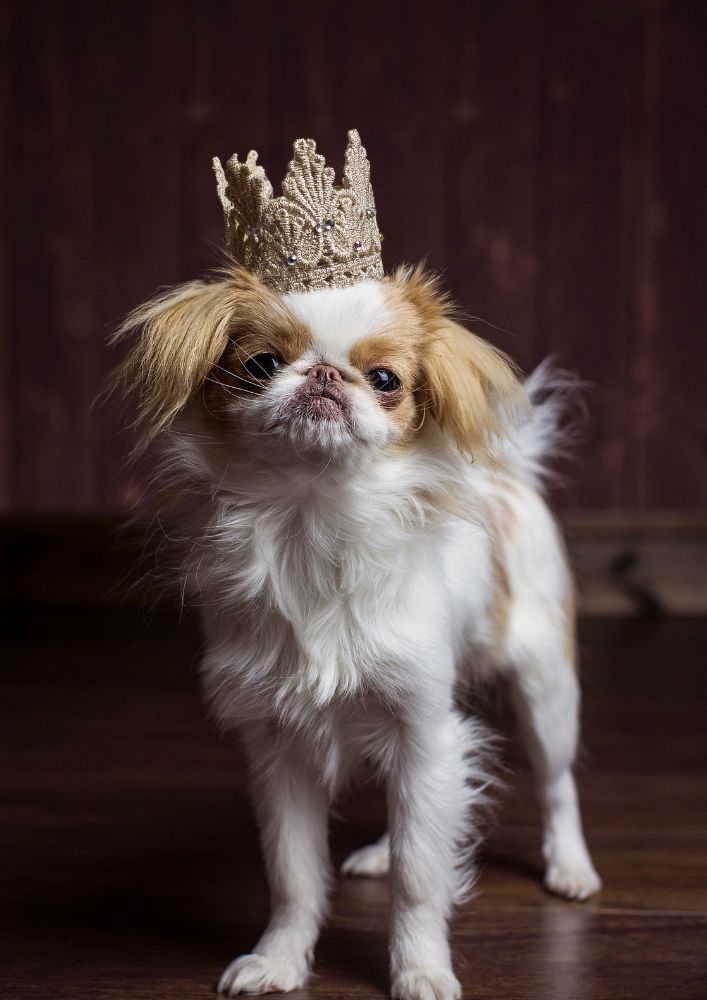
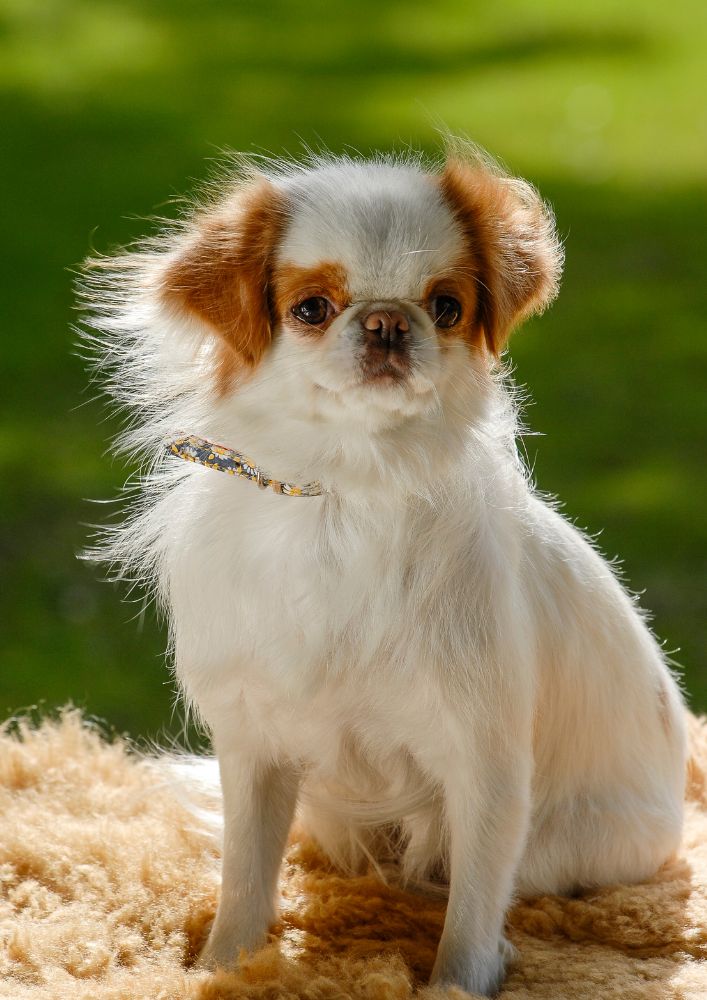
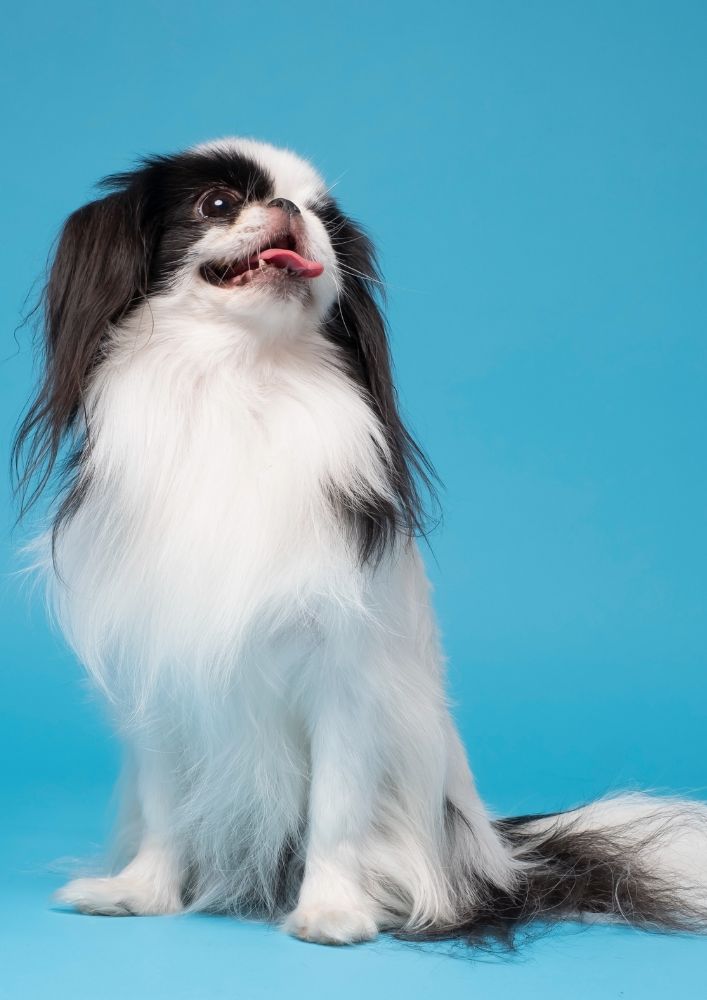
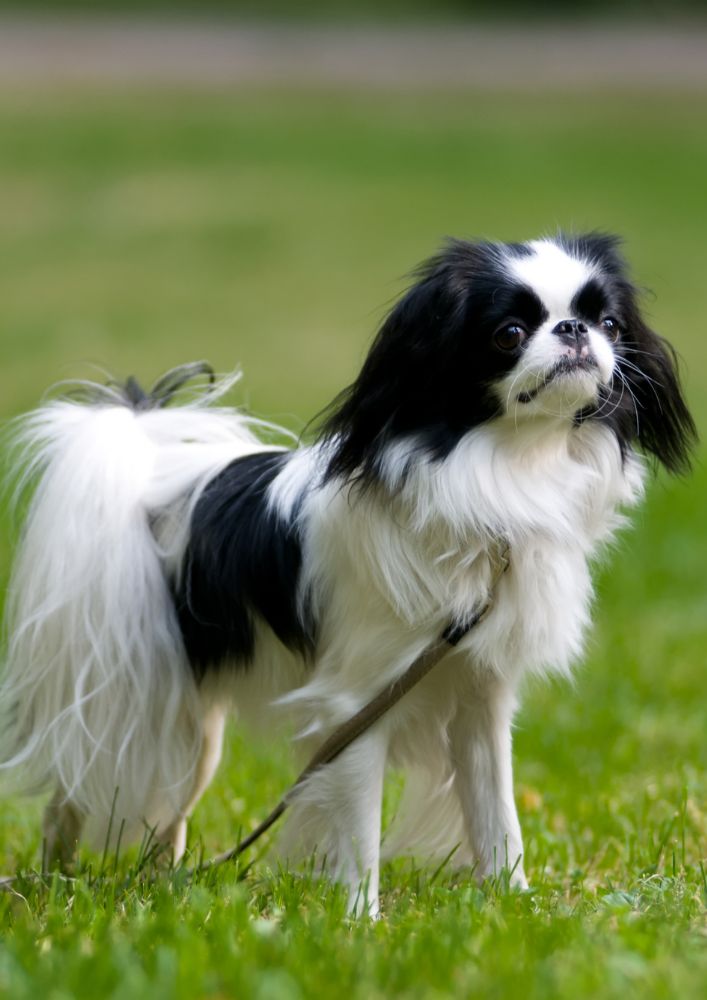
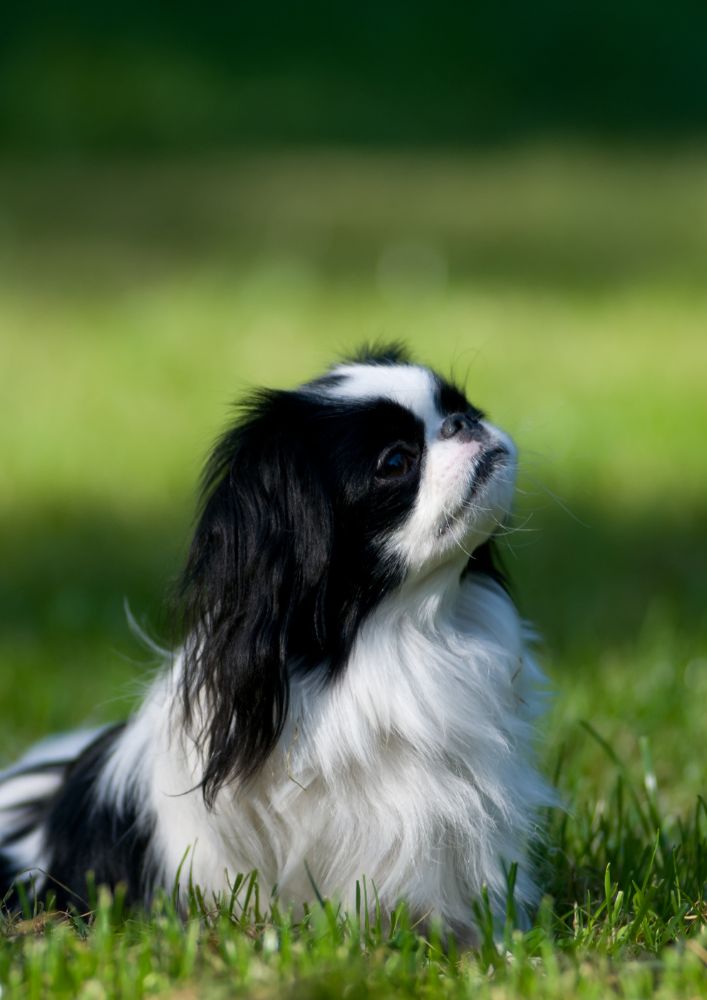
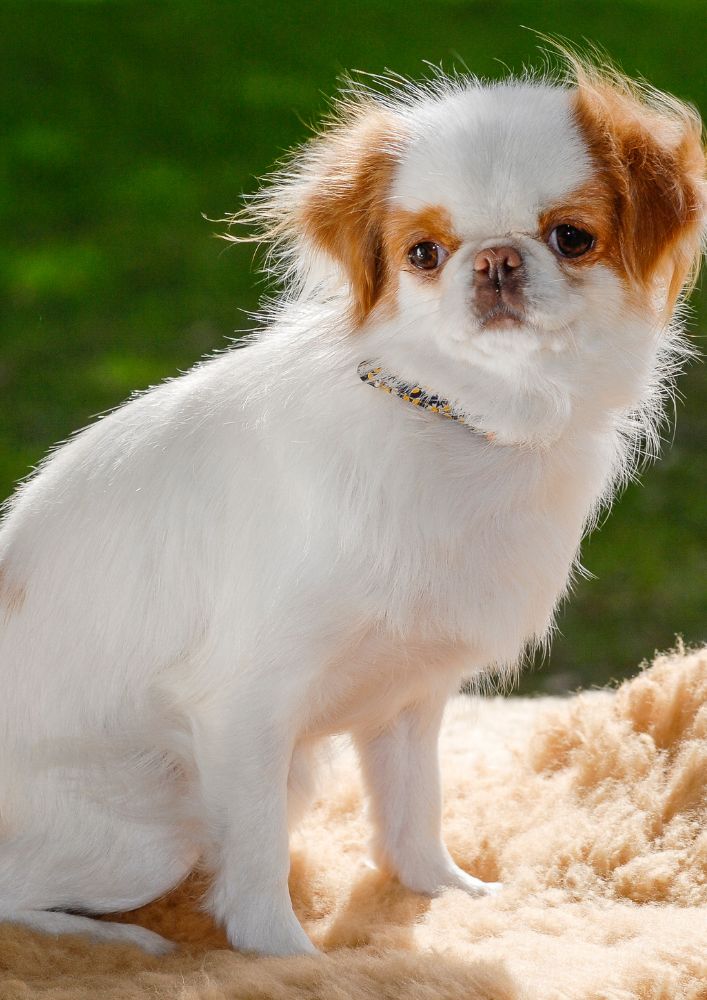
Quick Facts
- Size: Small
- Lifespan: 10-14 years
- Group: Toy

